THE CRISIS AT HAND
Coral COVID, or Stony Coral Tissue Loss Disease (SCTLD), is ravaging the reefs of The Bahamas. If nothing is done immediately The Bahamas’ chief ecological, reef fisheries and tourism generating asset will be completely wiped out within five years and their associated fisheries will collapse. Only a few days ago the disease was further reported in the Fowl Cays Land & Sea Park in Abaco, and the spread verified more widely around New Providence. There are verified reports across the entire country. For reasons impossible to understand to all scientific and environmental stakeholders the only thing stopping life-saving work to save the country’s reefs is basic – what used to be routine – permits issued by the Department of Environmental Protection and Planning (DEPP).
Now, the nation’s top environmental scientists and conservation NGOs are imploring the Government of The Bahamas to act now – to issue a slough of scientific permits now across a broad range of issues. Many dozens of routine permits have been held up through the entirety of 2021 and now over two months into 2022. This, despite Government claims on radio as recently as March 2, 2022 that action is being taken on the coral disease. Where is this action?

In response, representatives from The Bahamas National Trust (BNT), Perry Institute for Marine Science (PIMS), The Island School’s Cape Eleuthera Institute (CEI), Waterkeepers Bahamas, and others will host a press conference this Friday, March 4th, at 11 am in Nassau, The Bahamas. Experts will urge decision-makers to deliver on their promise to protect the nation’s coral reefs and issue compulsory research permits so qualified environmental scientists can get to work to stop the spread of Coral COVID.
The Perry Institute, in particular, received a mutually agreed contract with the Department of Marine Resources (DMR) to conduct broad-sweeping SCTLD research, monitoring and treatment across The Bahamas in May 2021. But without a research permit from DEPP, their work remains at an alarming standstill while SCTLD continues to massacre reefs at rates of up to 50 m per day. In addition to life-saving treatment available now, this research will inform strategies to save coral reefs.
Tune into Facebook Live tomorrow, March 4th at 11am to attend the press conference and learn more.
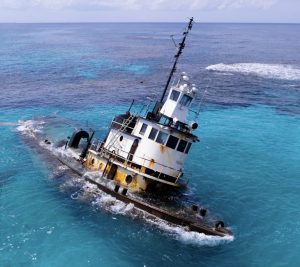
A Year Later, Stranded Tug and Barge Still Scars Reef in Fowl Cays National Park–Residents Demand Accountability
A haunting aerial view of the grounded tug and barge in Fowl Cays National Park—still embedded in coral a year later, a stark reminder of the cost of inaction. Photo
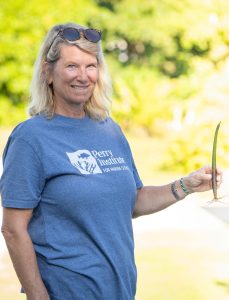
Women Leading Mangrove Restoration in The Bahamas
Have you ever wondered who’s behind the scenes saving our environment, right in our own backyard? Picture a group of energetic, determined women rolling up their sleeves and diving into
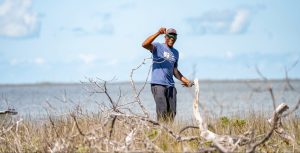
Rewilding the Marls of Abaco: PIMS Plants 100,000 Mangroves and Counting in 2024
As the afternoon sun bathes the Marls of Abaco in golden light, Bahamian boat captain Willis Levarity–locally known as “Captain to the Stars”–stands ankle-deep in soft, warm mud. A broad
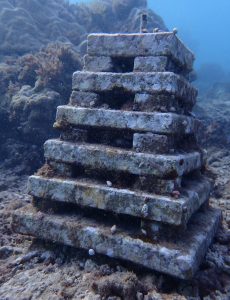
Unveiling Coral Reef Biodiversity: Insights from ARMS Monitoring Structures
An ARM teeming with new coral recruits and a diversity of marine life, highlighting reef recovery and biodiversity Understanding Coral Reef Biodiversity Most new PhDs in the natural sciences move
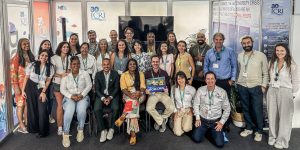
7 Key Takeaways from COP16: Confronting Coral Reef Challenges in a Changing Climate
United #ForCoral: Experts, advocates, and leaders from across the globe join forces at COP16 for the #ForCoral conference, hosted by the International Coral Reef Initiative. Together, they’re driving urgent action
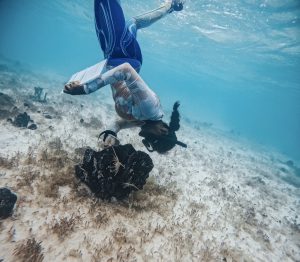
Fieldwork Wrap-Up: Strengthening MPA Management in The Bahamas
Marine protected areas (MPAs) are critical tools in the conservation of marine species and habitats, safeguarding reefs, seagrasses, and mangroves that provide vital ecosystem services to coastal communities. At the




